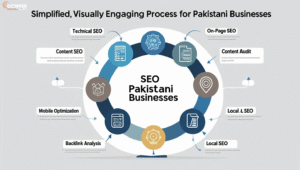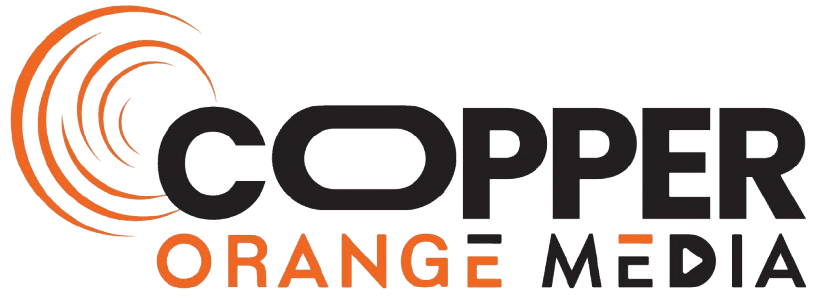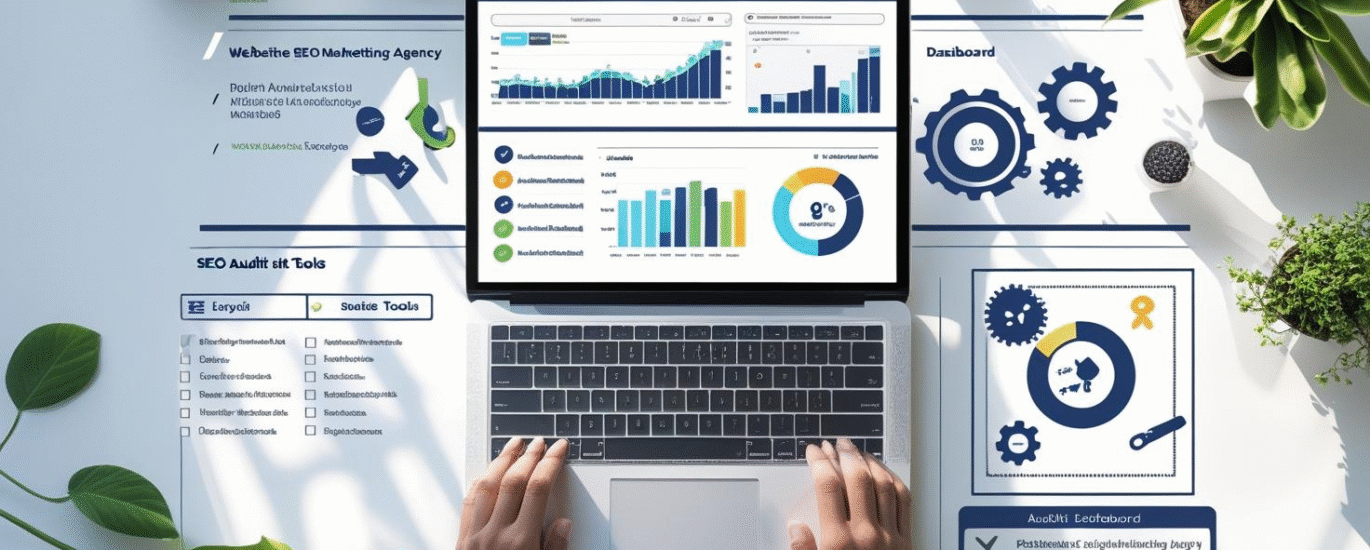If you’ve ever wondered why your website isn’t getting traffic, ranking low on Google, or failing to convert visitors, you’re not alone. I’ve worked with countless businesses across Pakistan—especially in cities like Lahore, Karachi, and Islamabad—and almost every one of them had the same problem: they never performed a real SEO audit.
Most of the time, people think an SEO audit is just running their site through a free online tool and reading a fancy report. But a proper SEO audit goes much deeper. It’s a step-by-step review of everything that affects your search visibility—your technical setup, content quality, backlinks, user experience, and more.
In this guide, I’ll walk you through how I personally conduct a complete SEO audit, using my 8+ years of experience working with Pakistani clients in multiple industries. Whether you’re a business owner or a digital marketing agency in Pakistan, this process will help you spot issues, fix them, and grow your rankings.
Start With a Technical SEO Audit
Before doing anything else, I always check the technical health of a website. This is the foundation of SEO. If your website has crawl errors, broken links, or poor mobile responsiveness, no amount of keywords or backlinks will help you rank.
I use tools like Screaming Frog, Ahrefs Site Audit, and Google Search Console. These show me if there are broken pages (404 errors), missing meta tags, crawl issues, or slow-loading elements.
For Pakistani businesses, I often find problems like:
-
No XML sitemap submitted to Google
-
Improper use of canonical tags
-
Robots.txt blocking important pages
-
Poor site structure and internal linking
Fixing these technical issues helps Google crawl and index your website efficiently. And that’s the first big step toward better rankings.
Perform an On-Page SEO Audit
Once the technical parts are sorted, I move on to analyzing each page’s content and structure. This is where I check if your pages are optimized for the right keywords and delivering real value to users.
Here’s what I look for:
-
Does each page have a clear target keyword?
-
Are the meta title and meta description written naturally and optimized?
-
Are headings structured using proper hierarchy (H1, H2, H3)?
-
Is the URL short, clean, and keyword-rich?
-
Is the content easy to read, up-to-date, and relevant?
In Pakistan, many websites suffer from either keyword stuffing or vague, generic content. For example, I’ve seen “SEO services in Lahore” pages with no real explanation of the services offered. Fixing this involves rewriting the content to meet the user’s intent, not just keyword rankings.
Analyze Content Quality and Relevance

Search engines want to rank content that actually helps people. When I audit content, I check for clarity, depth, originality, and usefulness.
The goal is to make sure each page answers a specific question or solves a problem.
I review:
-
Word count (not too short or too long)
-
Relevance to the target keyword
-
Avoidance of duplicate or thin content
-
Use of internal and external links
-
Visual formatting (headings, bullets, spacing)
Many Pakistani websites I’ve audited rely on outdated blogs or copied articles.
That’s a mistake. Every page on your site should provide unique, updated, and expert-level insight—especially if you’re targeting competitive terms like “digital marketing agency in Lahore” or “social media services in Pakistan.”
Evaluate Website Speed and Mobile Performance
In Pakistan, most internet users access websites through their mobile devices. That means speed and mobile usability are non-negotiable.
I test each site with Google PageSpeed Insights, GTmetrix, and actual mobile devices. I look for:
-
Fast load time (under 3 seconds)
-
Mobile responsiveness across screen sizes
-
Proper font size and button spacing
-
Clean, user-friendly layout
Many local business sites load slowly because of large images, unoptimized code, or poor hosting. These are easy to fix—and the results can be dramatic. A faster site means more engagement, more conversions, and higher rankings.
Review Your Backlink Profile
Backlinks are one of the strongest ranking signals in Google’s algorithm—but only if they come from quality sources. During an SEO audit, I check your backlinks using tools like Ahrefs or SEMrush.
I assess:
-
Number of referring domains
-
Authority of linking sites
-
Spammy or toxic links
-
Anchor text diversity
-
Lost or broken backlinks
In the Pakistani market, I’ve seen websites penalized for buying cheap backlinks from irrelevant sites. That’s why I focus on building high-authority, relevant backlinks from trusted platforms, local blogs, and media sources. If toxic links are found, I disavow them immediately to protect the site.
Audit for Local SEO (Especially for Pakistani Businesses)
If your business serves a specific area like Lahore or Karachi, local SEO becomes critical. Local searches often bring the most qualified leads.
I always check:
-
Google Business Profile (formerly Google My Business) optimization
-
NAP (Name, Address, Phone) consistency across directories
-
Reviews and ratings
-
Location-based keywords and landing pages
-
Local schema markup implementation
Most Pakistani businesses don’t optimize their local presence properly. Adding local keywords like “PPC services in Lahore” or “SEO expert in Pakistan” makes a huge difference in appearing for local search results.
Conduct a Keyword Audit
Many businesses in Pakistan target broad or generic keywords that don’t reflect what their customers are actually searching for. A keyword audit fixes that.
I analyze:
-
Which keywords you currently rank for
-
Which ones are missing or underperforming
-
Which keywords bring in the most traffic and conversions
-
Long-tail and local keyword opportunities
For example, instead of just targeting “digital marketing,” you might rank better and convert more users by focusing on “affordable digital marketing services in Lahore” or “lead generation through SEO in Pakistan.” It’s not about more keywords—it’s about better keywords.
Review Google Analytics and Search Console Data
No audit is complete without looking at the data. I always check Google Analytics and Search Console to understand how users are finding and interacting with your website.
I look at:
-
Organic traffic trends
-
Bounce rate and average session duration
-
Top-performing pages
-
Crawl errors and indexing issues
-
Conversion goals (if set)
Many Pakistani websites either don’t have these tools set up, or they’re not using them correctly. Accurate data is what guides smart decisions—without it, you’re guessing.
Run a Competitive SEO Benchmark
You don’t need to reinvent the wheel—you just need to understand what your top competitors are doing right, and then do it better.
I benchmark your website against 3–5 local competitors. I study:
-
Their backlink strategies
-
Their top-ranking content
-
Their keyword focus
-
Their technical setup and page speed
This gives me a clear map of what’s working in your niche—and how we can outperform them. For example, if a competitor dominates “social media marketing Lahore,” I analyze why and build a better strategy around it.
Build an Action Plan and Prioritize Fixes
At the end of every audit, I don’t just dump a bunch of issues in your lap. I create a prioritized action plan, starting with the highest-impact fixes. This makes it easy for you—or your development team—to know exactly what to do next.
Whether it’s fixing crawl errors, rewriting content, or earning quality backlinks, I make sure the action plan is realistic, results-driven, and aligned with your business goals.
Final Thoughts
An SEO audit isn’t just about finding problems—it’s about discovering opportunities. When done right, it shows you exactly where your website stands, what’s holding it back, and what to improve to increase your visibility on Google. For businesses in Pakistan—whether you’re running an online store, a local agency, or a corporate site—SEO audits are the most powerful starting point for sustainable growth. I’ve seen clients go from barely ranking to dominating their market just by acting on the insights from a proper SEO audit. Don’t rely on shortcuts. Do it the right way—and you’ll get long-term results that actually matter.
Frequently Asked Questions (FAQs)
What is the purpose of an SEO audit?
An SEO audit helps you evaluate your website’s health and performance in search engines. It identifies technical issues, content gaps, backlink problems, and optimization opportunities.
How often should I conduct an SEO audit?
Every 3 to 6 months is ideal. However, if your website has gone through major changes, a rebrand, or dropped in rankings, you should do an audit immediately.
Which tools are best for an SEO audit?
I personally use Screaming Frog, Ahrefs, SEMrush, Google Analytics, Google Search Console, and GTmetrix. These cover both technical and performance areas.
Can I do an SEO audit myself?
You can start with basic tools, but for a full, professional-level audit, working with an experienced SEO consultant ensures deeper insights and long-term success.
What are the most common SEO issues in Pakistani websites?
Common problems include missing metadata, slow loading speeds, poor mobile layout, weak content, and lack of keyword strategy—especially for local SEO targeting Pakistani cities.






